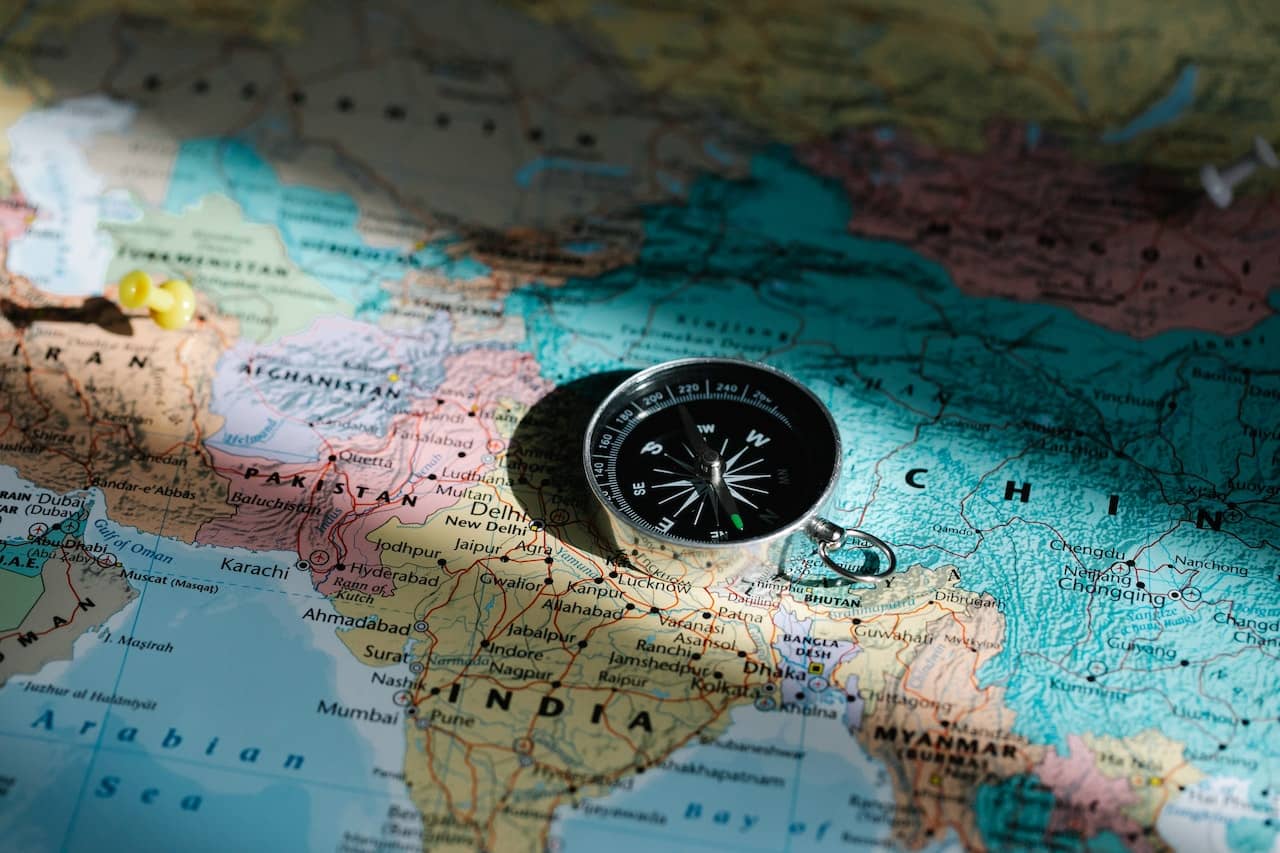August 15th 1947, the British hand over India to govern herself, but not as they found it, instead in two pieces; The ‘Partition’ resulted in India and the newly formed nation state Pakistan. This led to the single largest uprooting of people in modern history, the largest migration with 12-14 million people crossing the newly drawn border to build a home. The speed at which this happened meant there was no time to set up camps, increase transport facilities, let alone look after the vulnerable. Fear and insecurity between religious groups, trying to find where they belong, to claim their homeland, led to a frenzy of violence. It is estimated around 1million people died.
Was this a genocide or a time of insanity? The carnage was intense, with massacres, arson, forced conversions, mass abductions, and savage sexual violence. Much academic study has tried to rationalise the violence accompanying the Partition of the country. Whichever argument prevails, one thing they all have in common, is that the violence was driven by fear.
There was a time, not long ago, when scarcely any attention was paid to the Partition. Perhaps some forms of violence and trauma are better forgotten. The Partition had no institutional sanction, unlike many of the genocides of the twentieth century. It cannot be described as the bureaucratised machinery of death installed in the holocaust, and the states of Pakistan and India cannot be held accountable in the same way in which one holds Rwanda accountable for the genocide against the Tutsi or Soviet Russia accountable for the death of millions of peasants in the name of modernization and development. But it can scarcely be denied that now, more than ever, it has become necessary to understand and learn from the events.
Whatever the cause of the violence one fact is undisputed. Fear drove it, and the frenzy was stoked further by more fear. Political rivalries at state and community levels translated into anger, and fuelled the fear. Where neighbours once lived side by side, they suddenly turned on each other. Survival instincts took over and the fear was uncontrollable. Today’s politics are built on fear, and today as we face migration on a grand scale again, and we face division within our communities, we have to find mechanisms to keep fear in check. We have to overcome it with love and friendship.
Those with living memory may soon no longer be with us, and we risk losing a generation who can teach us and pass down their stories. The insights offered by film, literature, memoirs, and contemporary political and cultural commentary can also help us understand the events leading up to Partition. These insights will enable us to ask questions, learn lessons and hopefully change behaviour. The legacy of partition cannot simply a scar across the map of India, and the political troubles still existing today. The legacy can be to teach the lessons of what happens when fear is unchecked, takes over and destroys communities. We need to tell the stories of the horrors and also of the heroism, of the fear and the love. We are delighted to be working with Home Manchester to show a weekend of film on the subject.
Programme details are in the attached flyer.

